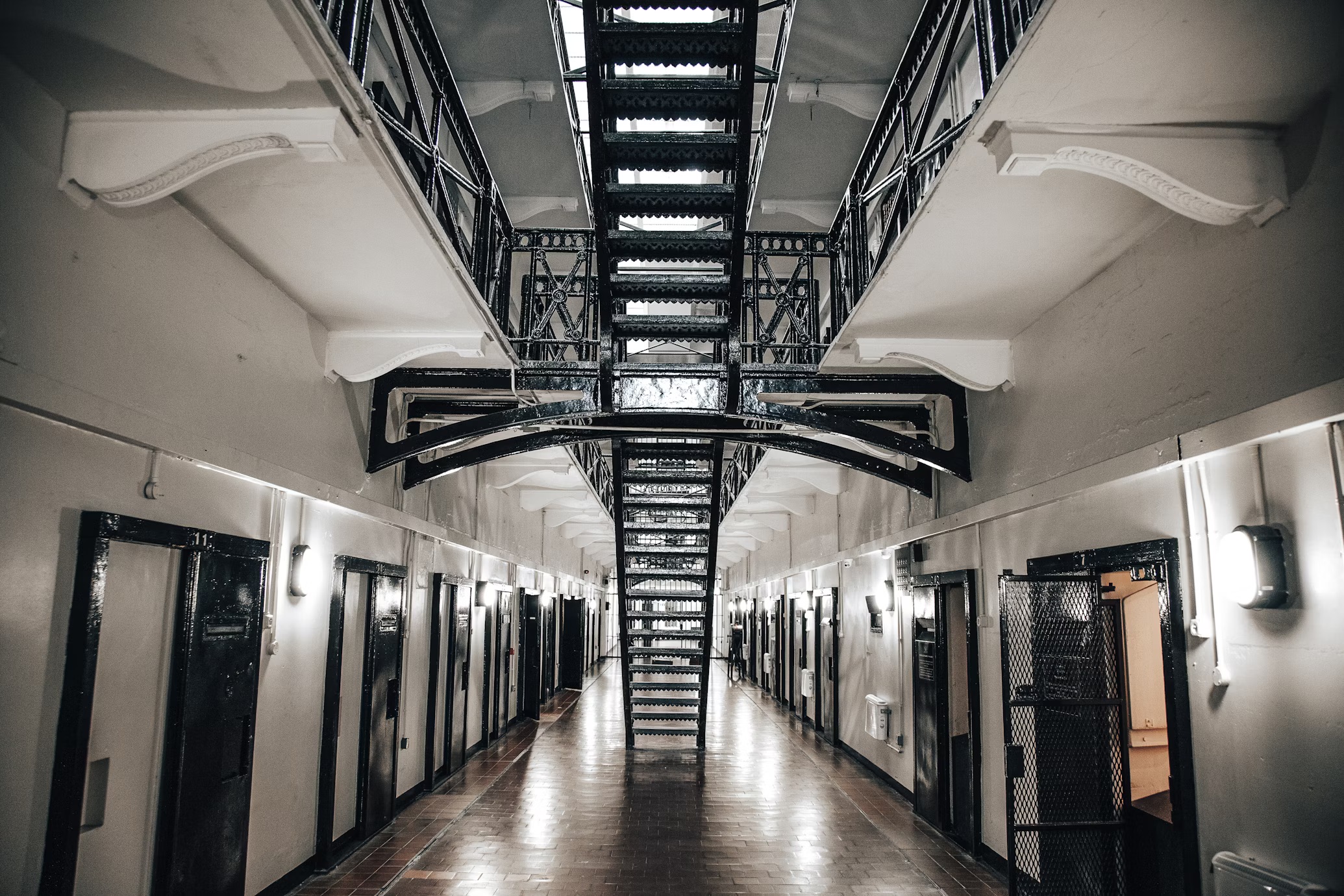The job of a prison intelligence analyst is about more than listening in on inmates phone calls or watching monitor screens in the hope of catching them deal drugs, fashioning weapons or using smuggled in mobile phones. Most of their time is spent reading 5 by 5 ‘s that is processing and analysing intelligence reports submitted by prison officers.
These consists of overheard conversations, tip offs, rumours, gossip and who is mixing with who. The aim is prevention and detection, that is preventing violence and detecting contraband. The intelligence informs decisions such as when and where to do a cell search or when and which prisoners to move either to a different wing or transfers out.
The intelligence also helps identify rogue officers. As such Intelligence Analysts are disparagingly refers to as “Prison Police” and viewed much like senior management as not being at the sharp end so not understanding the job.
One important use of intelligence reports in prison is the information complied on known associates. When a new prisoner arrives it’s important to know if they have a history with any other inmates, because gang rivalries and grievances from out side are brought inside.
All organisations deal in hard and soft intelligence from performance data and budget spend to gossip and rumour, only a few have a specific post of intelligence analyst The function is often divided across a number of posts including HR, Communications, IT, Policy. They all grapple with the issue of how much and when to tell senior management. They have all suffered the frustrating experience of senior management not taking their recommendations seriously.
Even so senior managers and the board want to know what is going on within the organisation. This might be intelligence on the mood with in the organisation or parts of it effected by the restructuring or proposed changes to working practices. HR may supply information gained from their regular meetings with the TU reps, recent exit interviews or the data from the annual employee survey.
Along with the communication team they will have their ear to the ground picking up on the rumours as well as the grievances. HR will also have data on turn over and vacancy rates, how long it is taking to fill posts and whether the organisation is out of step in its pay and conditions for some hard to fill posts.
It’s usually HR who pull together the case where there are allegations of gross misconduct.
Organisations also gather data on the customers experience, both the compliments and the complaints. Information which in theory should and could be used to improve services.
The extent to which organisations capture this data and more significantly their ability to turn it into useful information that can inform decision making is an indication of an intelligent organisation. And don’t we all want to work for an intelligent organisation !







